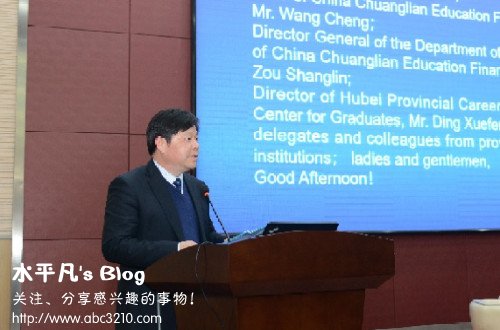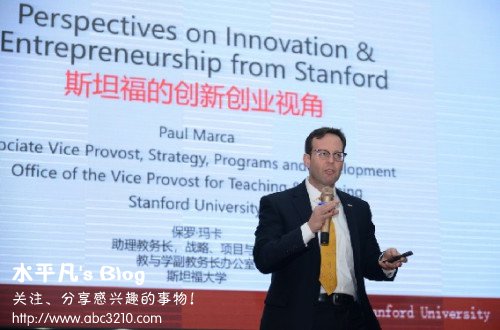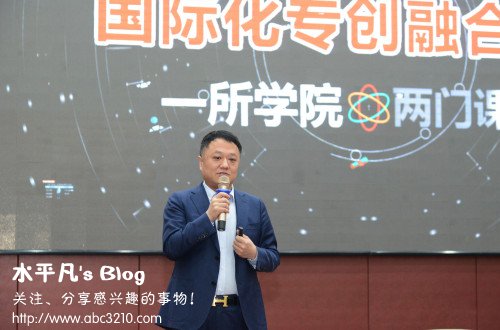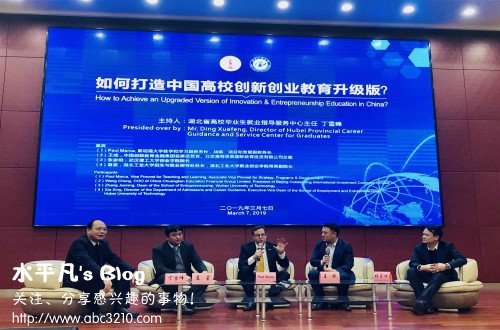
The
afternoon of March 7, 2019 saw the “Stanford Innovation and
Entrepreneurship Education Sharing Meeting”. The meeting was the product
of a joint project between HBUT and Hubei Province’s University
Graduates Employment Guidance Center. The meeting was attended by HBUT’s
president Liu Defu, Ding Xuefeng, the director of Hubei Province’s University Graduates Employment Guidance Center and Paul Marca, an associate vice provost from Stanford University along with several other important officials from all of the parties.
Liu
Defu began the meeting with a speech stating that innovation and
entrepreneurship is the theme of the current era but it has actually
always been at the core of HBUT’s teaching philosophy, emphasizing that
HBUT had been selected as one of first batch of entrepreneurship and
innovation demonstration schools by the Chinese government. Liu
continued by saying that HBUT was currently ranked No. 73 in China for
training in entrepreneurship and innovation before praising Stanford
University as a world renowned research university that has always been
at the forefront in entrepreneurship and innovation training. Liu further stated that he hoped that by holding this meeting HBUT would be able to benefit greatly from the experience of Stanford in its efforts to improve its international development and entrepreneurship and innovation training.

The
next to speak was Stanford University’s associate vice provost Paul
Marca. Marca shared with the attendees the five points that made
Stanford University’s innovation and entrepreneurship programs so
successful. The five points he posited were: In-depth
technical competency, creativity and innovation, the ability to think
outside the box, being able to excel in group work and multi-disciplinary understanding.
Referring back to these five aspects he introduced Stanford
University’s model for innovation and entrepreneurship training. Marca
finished his speech by emphasizing that entrepreneurs will always fail
but how they react to failure will be the difference between failing and
succeeding in the future.

The final speaker was Wang Cheng, Chief
Operating Officer of China Chuanglian Education Finance Group. Mr. Wang
shared his thoughts on innovation and entrepreneurship training based
on models from Harvard University. Wang went on to discuss how these
models could be implemented into Chinese universities to the betterment
of entrepreneurship and innovation training.

Following
the speeches, all of the parties took part in a discussion on how to
further improve innovation and entrepreneurship education in Chinese
universities. The discussion was varied and fruitful with all parties
contributing fully. The final section of the meeting invited students to
join a Q&A session with the speakers. The atmosphere was warm
and lively and with students actively enquiring about all aspects of entrepreneurship.